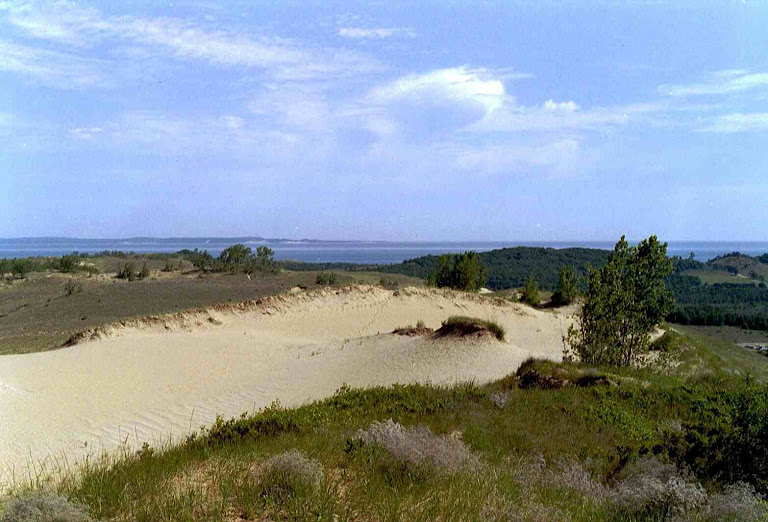It is hard to discern which talent was the more mastered by Ivor Gurney, musical composition or poetry. What is certain is that the experience of fighting in the Battle of the Somme and of being in the trenches with limited resources for musical composition led him to intense poetic creativity. He sent letters home to his friend, musicologist Marion Scott, recording French words he learns, the slang of war-time, and manuscripts of his poems. He arrived in France in May 1916, was wounded in the shoulder spring 1917, then gassed at Saint-Julien in September 1917, after which he was discharged.
This poem, composed in 1925 in a mental hospital, vividly recalls the trenches, possibly with the experience of hearing records being played by the enemy at night. It includes the poet's deeper wish that the enemies could serenade each other instead of shoot each other.
Serenade
It was after the Somme, our line was quieter,
Wires mended, neither side daring attacker
Or aggressor to be—the guns equal, the wires a thick hedge,
When there sounded, (O past days for ever confounded!)
The tune of Schubert which belonged to days mathematical,
Effort of spirit bearing fruit worthy, actual.
The gramophone for an hour was my quiet’s mocker,
Until I cried, ‘Give us ‘‘Heldenleben’’, ‘‘Heldenleben’’,’
The Gloucesters cried out ‘Strauss is our favorite wir haben
Sich geliebt’. So silence fell, Aubers’ front slept,
And the sentries an unsentimental silence kept.
True, the size of the rum ration was still a shocker
But at last over Aubers the majesty of the dawn’s veil swept.
One of the aspects of war that the poem makes allusion to is the "rum ration" in the penultimate line: soldiers where given something alcoholic to drink before going over the top, so a large ration of alcohol might indicate a difficult battle. But the rum ration could also refer to the small size and poor quality of food served to the troops.
Take a few minutes to listen to one of Gurney's musical compositions.
Links
Tim Kendall, "Ivor Gurney and the poets of the First World War," OUP Blog (October 14, 2013).
Exhibit "Ecrivains de guerre: nous sommes des machines à oublier" at Historial de Péronne, http://www.historial.org/Expositions/Expositions-en-cours/Ecrivains-en-guerre-14-18-Nous-sommes-des-machines-a-oublier
Ivor Gurney Society http://ivorgurney.org.uk







